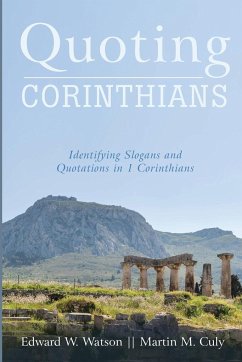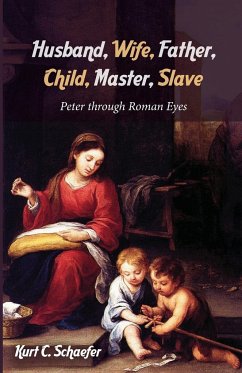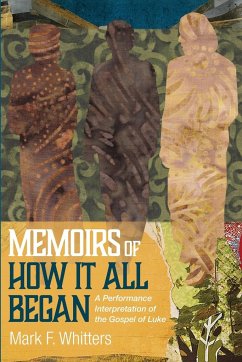What can we discover about the author of the third gospel and Acts, the companion of Paul whom tradition names Luke? How might that enable us to better appreciate the writings he produced that comprise roughly a quarter of the New Testament? Using literacy in the Greco-Roman world and Luke's advanced literary acumen as his primary clues, Karl Allen Kuhn argues that the evangelist was a member of the social elite. Social scientific models tell us that as an elite, Luke would have benefited from a highly stratified social and economic hierarchy that ensured the flow of wealth and resources to a few at the expense of the many. And yet, Kuhn argues, scene after scene of Luke's narrative challenge the stratified world shaped by Rome, calling its readers to embrace a new kingdom and a new Lord. Writing to the "most excellent Theophilus," Luke calls upon his fellow elites to join him in leaving behind the world that has given them so much and to devote themselves not to the emperor but to the true Savior of humankind.
Hinweis: Dieser Artikel kann nur an eine deutsche Lieferadresse ausgeliefert werden.
Hinweis: Dieser Artikel kann nur an eine deutsche Lieferadresse ausgeliefert werden.








